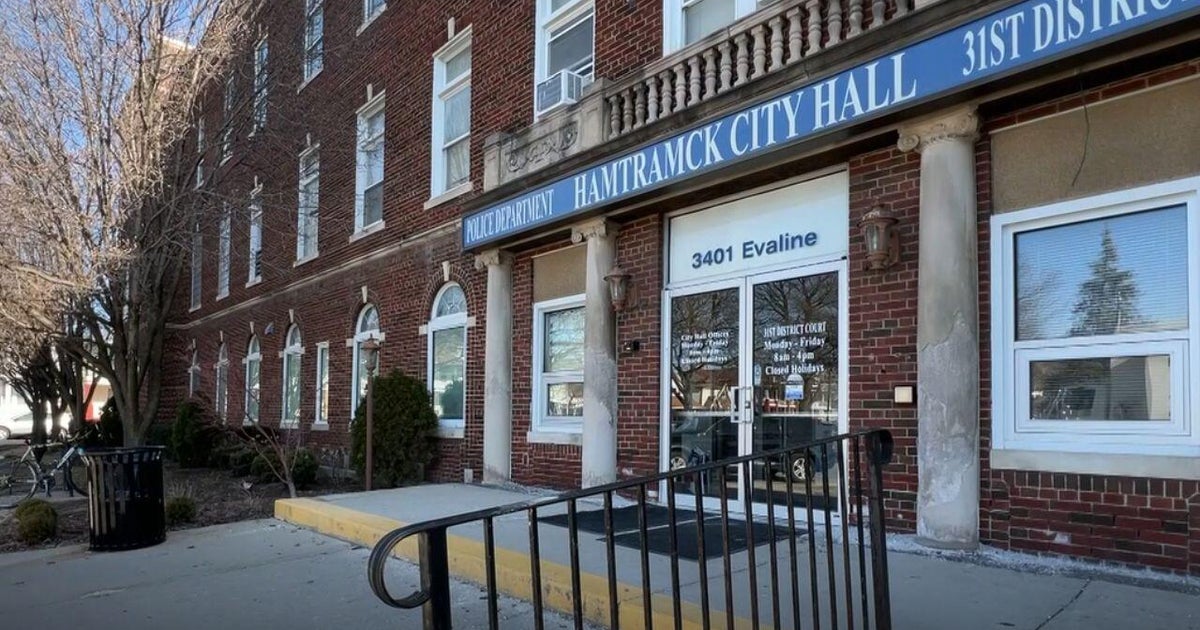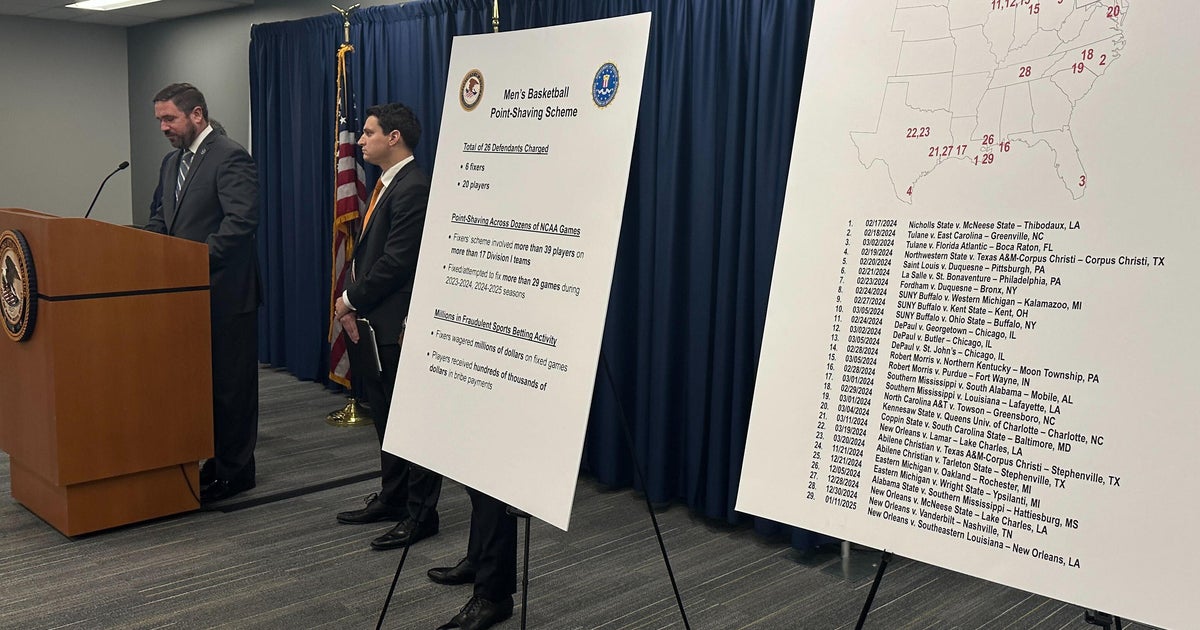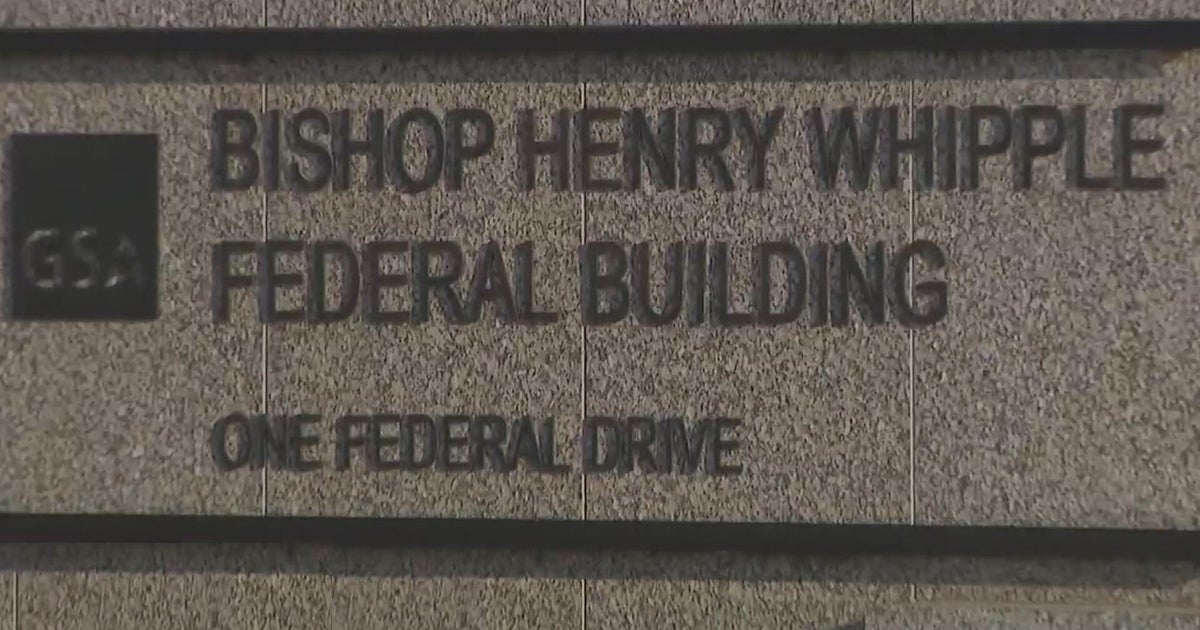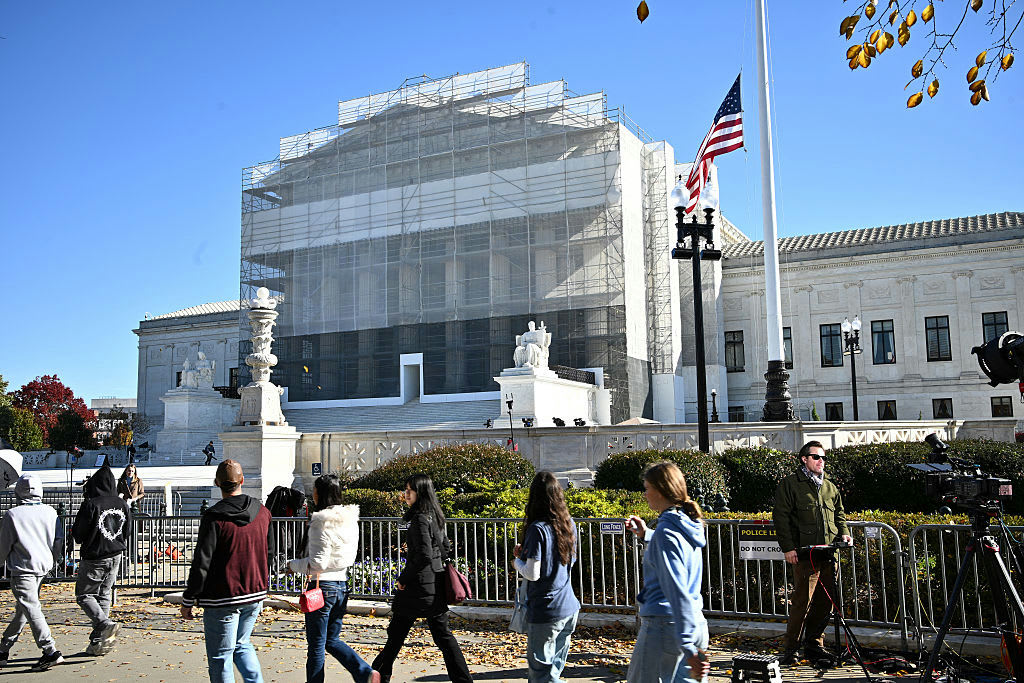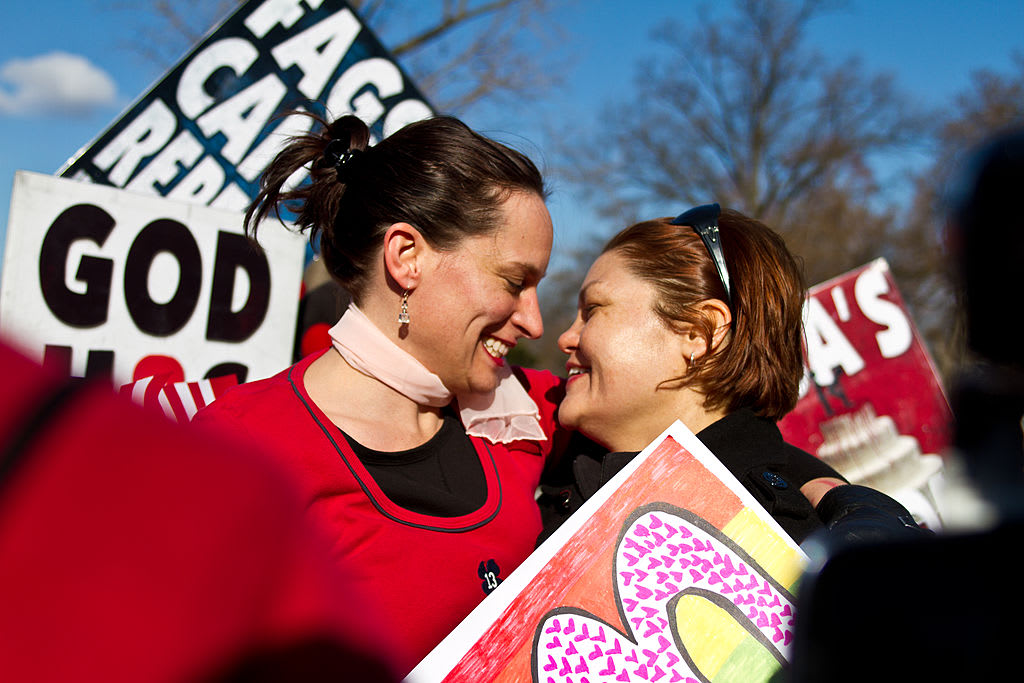Roe v. Wade might not matter after Supreme Court decides this case
For nearly 50 years, access to abortion has been largely protected by Roe v. Wade, the 1973 Supreme Court decision that legalized abortion nationwide. But a case before the high court this week could erode the landmark decision without ever challenging it directly.
The Supreme Court will hear oral arguments Wednesday for June Medical Services v. Russo, a case that challenges a 2014 Louisiana law. The result could impact abortion access across the country, and advocates fear the relatively recent additions of two conservative justices make it more likely that the court upholds the law.
Known as the Louisiana "Unsafe Abortion Protection Act," the law requires doctors who provide abortions to have privileges to admit patients at a nearby hospital. Supporters of the law say it's designed to improve patient safety, but critics say it's intended to shut down clinics that provide abortion.
When the law was signed in 2014, only one of the state's six abortion clinics at the time had a physician who was compliant with its requirements. The law has been largely blocked from implementation, but was briefly allowed to go into effect in early 2016, prompting the closure of two of the state's remaining clinics.
Today, Louisiana has just three abortion clinics across the state. If the Supreme Court finds Louisiana's law constitutional, all of them would stop offering the procedure, as first reported by CBS News. The court's ultimate decision is expected early this summer.
"It would be devastating for all of us and not just the staff, but for the women that we generally serve," said Kathaleen Pittman, the administrator of the Hope Clinic, one of the plaintiffs in the case. "Not just in North Louisiana, but South Louisiana, East Texas, Arkansas, Mississippi. We have patients come to us from Oklahoma. It would be devastating for all of them."
Last year, 12 states passed 25 abortion bans of varying severity, some prohibiting the procedure before most people know they're pregnant. Most have been blocked from implementation by judges, and many are designed to bring a legal challenge to Roe v. Wade.
But Louisiana's "Unsafe Abortion Protection Act" isn't a ban, it's a regulation on the procedure.
While bans on abortion are directly in conflict with Roe v. Wade, restrictions that reduce access are in a legal gray area. Supreme Court precedent allows states to regulate abortion up until it becomes an "undue burden" for patients seeking the procedure.
Admitting privledges are one of nearly 100 regulations that Louisiana has enacted since abortion was legalized in 1973 — more than any other state in the country, according to a report from the Guttmacher Institute, a pro-abortion-rights research group.
"When you look at the history of abortion restrictions and bans in Louisiana, none of that supports patient health," said Elizabeth Nash, senior state issues manager at Guttmacher and the author of the report.
The author of Louisiana's admitting privilege law disagrees, and denies that her intention was to reduce access to abortion. State Representative Katrina Jackson called her legislation a "common sense women's health piece of legislation," in an interview with CBS News last year.
"A physician with admitting privileges has the ability to call ahead of time if there was a complication," Jackson said. "When you don't have no connection with the hospital within a 30 mile radius, you have absolutely no connection with the hospital."
Pittman, Hope's administrator, rejects this theory, and so do major medical organizations. If complications arise at Hope and other clinics that provide abortion, Pittman says there's nothing preventing them from contacting the closest hospital and giving needed information to emergency room physicians. That's a rare occurrence: In 20 years, Hope has sent four patients from its clinic to a hospital.
Louisiana's admitting privileges requirement is nearly identical to a Texas law that was struck down by the Supreme Court in 2016. Abortion rights supporters worry only one thing is different: the conservative shift of the court.
Liz Murrill, the solicitor general of Louisiana and the attorney who will be defending the state law on Wednesday, argued the two laws are different because the "regulatory structure is different," and argued that doctors in the state "could get privileges."
She also denied that the law would shut down clinics and reduce access to care.
"What one person may view as a law that's hostile toward abortion, we view as a law that falls within the context of recognized state interests, protecting the life of the mother and protecting life in general," Murrill said in an interview with CBS News earlier this year.
The Supreme Court isn't expected to make a decision in June Medical Service v. Russo until later this year. When it does, abortion rights supporters warn that if the court upholds the law, the ramifications would go beyond Louisiana and could create a patchwork of abortion access across the country.
"If the Supreme Court doesn't step up and rule in our favor, they will have found a way to successfully erode Roe v. Wade so much so that it doesn't matter anymore," Pittman said. "Because when it comes to abortion, if you can't get to where you need to be, then it might as well be illegal."
